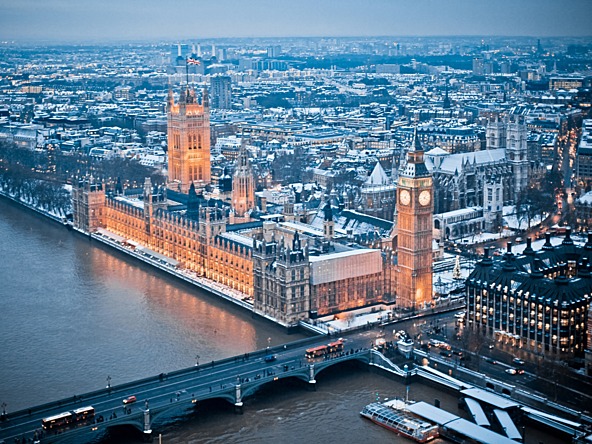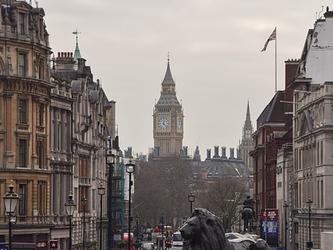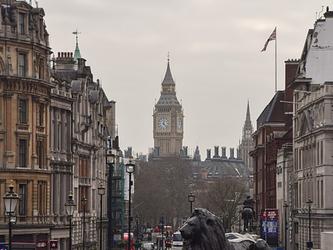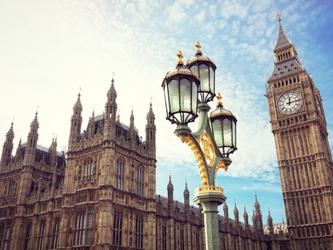Work needed on AI copyright, writes Lords committee chair

In a letter addressed to Michelle Donelan MP, secretary of state for science innovation and technology, Stowell said that the government response to a report on AI published by her committee earlier this year had not yet addressed the future of copyright law in an era of generative AI models.
In the committee’s report from earlier this year, it called on the government to support copyright holders, arguing the government “cannot sit on its hands” while large language model (LLM) developers use data without permission or compensation, and said the government should end the copyright dispute through legislation if necessary.
The report added that measures could include a way for rightsholders to check training data for copyright breaches, investment in new datasets to encourage tech firms to pay for licensed content and a requirement for tech firms to declare what their web crawlers are being used for.
A government response was sent to Baroness Stowell on 17th April to set out the government’s position on some of the issues raised in the report, and on copyright said that it was “committed to supporting, not undermining human creativity, and developing an approach to AI and copyright that allows the AI and creative sectors to grow together in partnership”.
In her letter, Stowell said: “The government’s record on copyright is inadequate and deteriorating. We appreciate the technical and political complexities of the challenge. But we are not persuaded the government is investing enough creativity, resources and senior political heft to address the problem.”
She added: “The government’s reticence to take meaningful action amounts to a de facto endorsement of tech firms’ practices. That reflects poorly on this government’s commitment to British businesses, fair play and the equal application of the law.
“Copyright catalyses, protects and monetises innovation – as evidenced by the £100bn success of the UK’s creative industries. There is a major opportunity to establish a compelling legacy on supporting responsible AI. We urge you to take it.”
Stowell also warned the government to strengthen its approach to regulating the AI industry to guard against a small number of companies holding too much sway.
“We were disappointed that the government has not yet made a public commitment to strengthening governance measures to guard against regulatory capture. This needs to go beyond declaring interests,” Stowell wrote.
“As we warned in our report, there is a clear trend towards greater reliance on external technical expertise to inform decisions on standards and policy frameworks. This will bring valuable industry engagement. But the unintended risks of entrenching incumbent advantages are real and growing.
“Even an unfounded perception of close relationships between AI policy and technology leaders risks lasting damage to public trust. We urge you to make more explicit commitments around enhanced governance measures for AI standards and policy decisions.”
Stowell also questioned the government’s approach to funding the AI sector in the UK>
“The question in our report was about the way funding allocations are being delivered and whether this creates a funding gap among a small number of high-end institutions,” she wrote.
“We noted the risks that foreign actors may acquire outsize influence in sensitive areas of research at our leading institutions as a result. Your letter provided helpful funding data but did not address this point sufficiently.”

We hope you enjoyed this article.
Research Live is published by MRS.
The Market Research Society (MRS) exists to promote and protect the research sector, showcasing how research delivers impact for businesses and government.
Members of MRS enjoy many benefits including tailoured policy guidance, discounts on training and conferences, and access to member-only content.
For example, there's an archive of winning case studies from over a decade of MRS Awards.
Find out more about the benefits of joining MRS here.













0 Comments